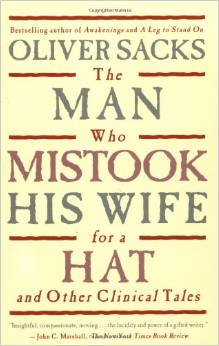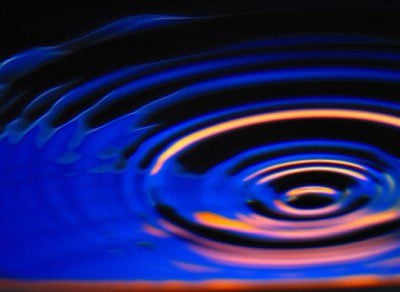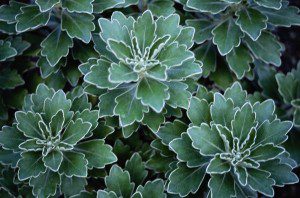 The neurologist and author Oliver Sacks recently wrote an op-ed piece in the New York Times about his impending death and the light this news casts on his life. His reflections are the epitome of equanimity. What we hear from him is not anxiety, rancor, or regret but rather gratitude, love, and resolve.
The neurologist and author Oliver Sacks recently wrote an op-ed piece in the New York Times about his impending death and the light this news casts on his life. His reflections are the epitome of equanimity. What we hear from him is not anxiety, rancor, or regret but rather gratitude, love, and resolve.
It is up to me now to choose how to live out the months that remain to me. I have to live in the richest, deepest, most productive way I can.
Of course, we don’t have to wait until we have a terminal diagnosis to embrace life richly, deeply, and productively. Of course again, we already have a terminal diagnosis–it was given to us the moment we were conceived. We are always in the process of dying. Each breath we take is one closer to our eventual demise. Still, an actual medical diagnosis can put a fine point on it.
I feel a sudden clear focus and perspective. There is no time for anything inessential. I must focus on myself, my work and my friends. I shall no longer look at “NewsHour” every night. I shall no longer pay any attention to politics or arguments about global warming
While there are always some things that we must do in our lives, we have vastly more discretionary power than we ever exercise. If we never examine the patterns of our lives, we can’t know what we are really committed to. Without asking questions, we can’t hope to change. Then, we must be willing to make the choices to set our lives in accordance with what is actually most important to us.
It’s a work in progress. It’s hard to know what our actual wanting is since there are many sources of interference–most notably the sense of what we should want or should do. We inherit and adhere to these senses of want from the culture, from growing up, and from the people close around us.
It often takes an act of courage and faith in ourselves to say no to a popular thing. With so little time left to live, Sacks is able to give himself permission to be self-full in this regard. His choice not to watch the news is a gift to himself.
Imagine that you had a year to live. What would you do differently? Imagine that year is now a month, what then? How do you want to spend that time? Only a week left; what now? Just a day?
The closer we get the less we want to collect things and experiences and the more we just want to experience being. Sacks puts it eloquently, when he concludes:
Above all, I have been a sentient being, a thinking animal, on this beautiful planet, and that in itself has been an enormous privilege and adventure.

